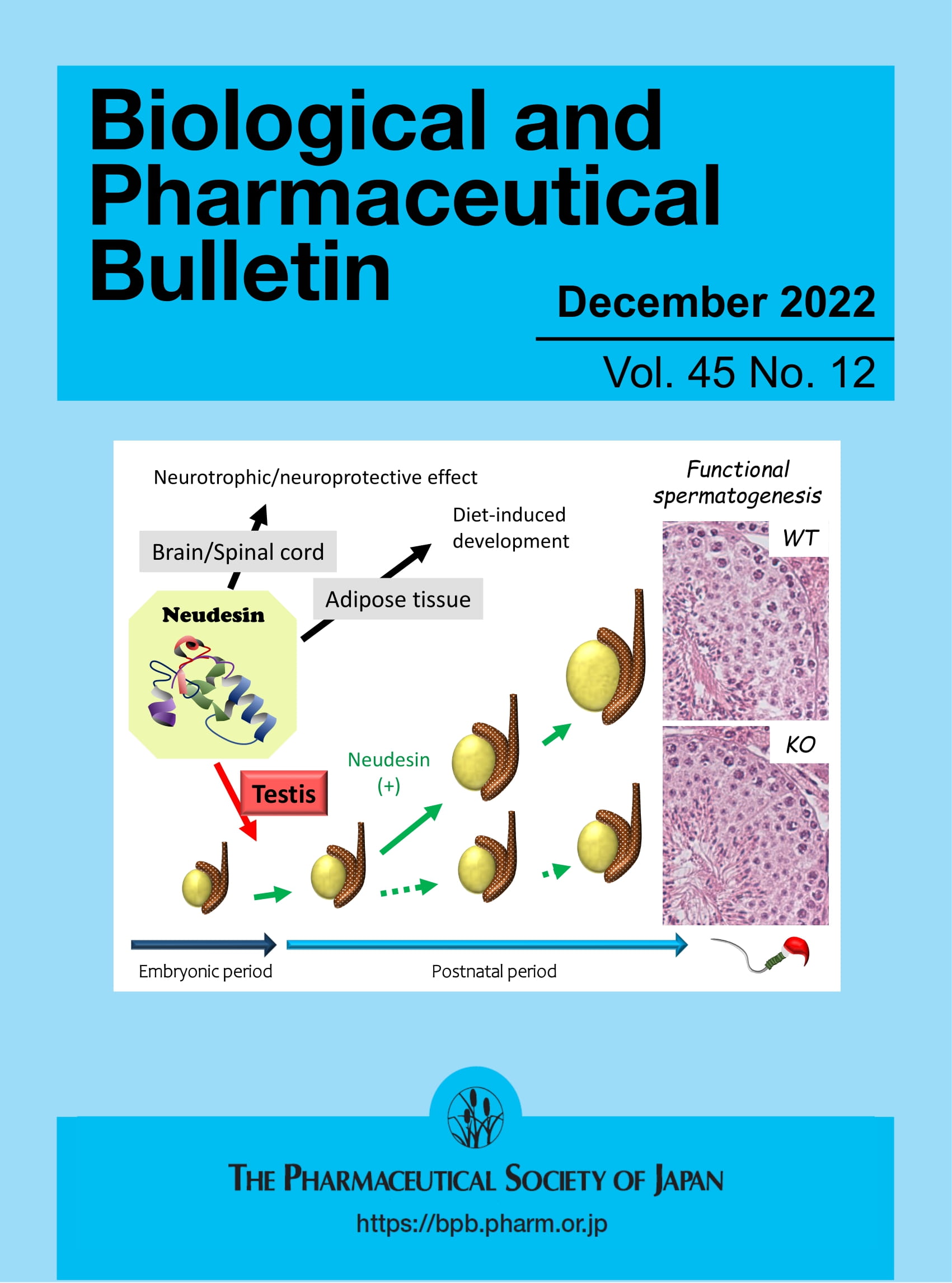A Long-Lasting, High-Stability Reactor System for Compound-Specific Carbon Isotope Analyses
Abstract
Rationale
Compound-specific carbon isotope analysis is an essential technique in environmental, geobiological, ecological, and forensic research. It involves the online conversion of organic compounds separated by gas chromatography (GC) into carbon dioxide before entering a gas source mass spectrometer for carbon isotopic analysis. However, current oxidation interfaces require frequent maintenance or reactor replacement, reducing efficiency and data quality and increasing costs. This study presents a modified oxidation interface to address these issues.
Methods
Our oxidation reactor system uses nickel and platinum wires as an oxidant with a constant oxygen flow controlled by an electronic pressure controller (EPC). This system eliminates the need for full-scale re-oxidation after initial activation and differs from systems using constant pressure control gauges that result in variable oxygen flow and carrier gas composition. We performed systematic comparisons of carbon isotope measurements for fatty acid methyl esters (FAMEs) and n-alkanes between our modified system and a commercial reactor system, and betweem systems that use constant pressure and constant flow oxygen supplies.
Results
Our oxidation interface with a constant flow of oxygen significantly enhances the analytical precision and accuracy of carbon isotope values, as demonstrated by a consistent reduction in the standard deviation of δ13C values to below 0.3‰. Importantly, our system has undergone over 5000 injections extending over 9 months during our longest analytical cycle, with no maintenance or user intervention needed.
Conclusion
Our novel reactor system with a constant flow supply of auxiliary oxygen gas to the reactor greatly outperforms the conventional reactor system in efficiency, precision, and accuracy. It is virtually maintenance-free and may be dubbed the “forever” reactor, resulting in greatly enhanced analytical efficiency and reduced cost. Our methodology can be implemented on commercial systems with straightforward modifications by users.

 求助内容:
求助内容: 应助结果提醒方式:
应助结果提醒方式:


